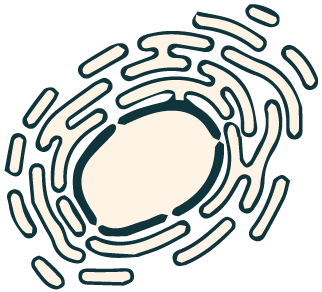This website uses cookies to ensure you get the best experience on our website.
- Table of Contents
Facts about Inactive peptidyl-prolyl cis-trans isomerase FKBP6.

Acts as a co-chaperone through its interaction with HSP90 and is needed for the piRNA amplification process, the secondary piRNA biogenesis. May be required together with HSP90 in elimination of 16 nucleotide ping-pong by-products from Piwi complexes, possibly facilitating turnover of Piwi complexes (By similarity).
| Human | |
|---|---|
| Gene Name: | FKBP6 |
| Uniprot: | O75344 |
| Entrez: | 8468 |

| Belongs to: |
|---|
| FKBP6 family |

36 kDa FKBP; EC 5.2.1.8; FK506 binding protein 6, 36kDa; FK506-binding protein 6 (36kD); FK506-binding protein 6; FKBP-36; FKBP36MGC87179; FKBP-6; Immunophilin FKBP36; peptidyl-prolyl cis-trans isomerase FKBP6,36 kDa FK506-binding protein; PPIase FKBP6; PPIase; rotamase
Mass (kDA):
37.214 kDA

| Human | |
|---|---|
| Location: | 7q11.23 |
| Sequence: | 7; NC_000007.14 (73328154..73358625) |
Detected in all tissues examined, with higher expression in testis, heart, skeletal muscle, liver, and kidney.
Cytoplasm, cytosol. Nucleus. Chromosome. Does not localize to pi-bodies. Localizes to meiotic chromosome cores and regions of homologous chromosome synapsis (By similarity).





PMID: 9782077 by Meng X., et al. A novel human gene FKBP6 is deleted in Williams syndrome.
PMID: 15770126 by Metcalfe K., et al. Autosomal dominant inheritance of Williams-Beuren syndrome in a father and son with haploinsufficiency for FKBP6.